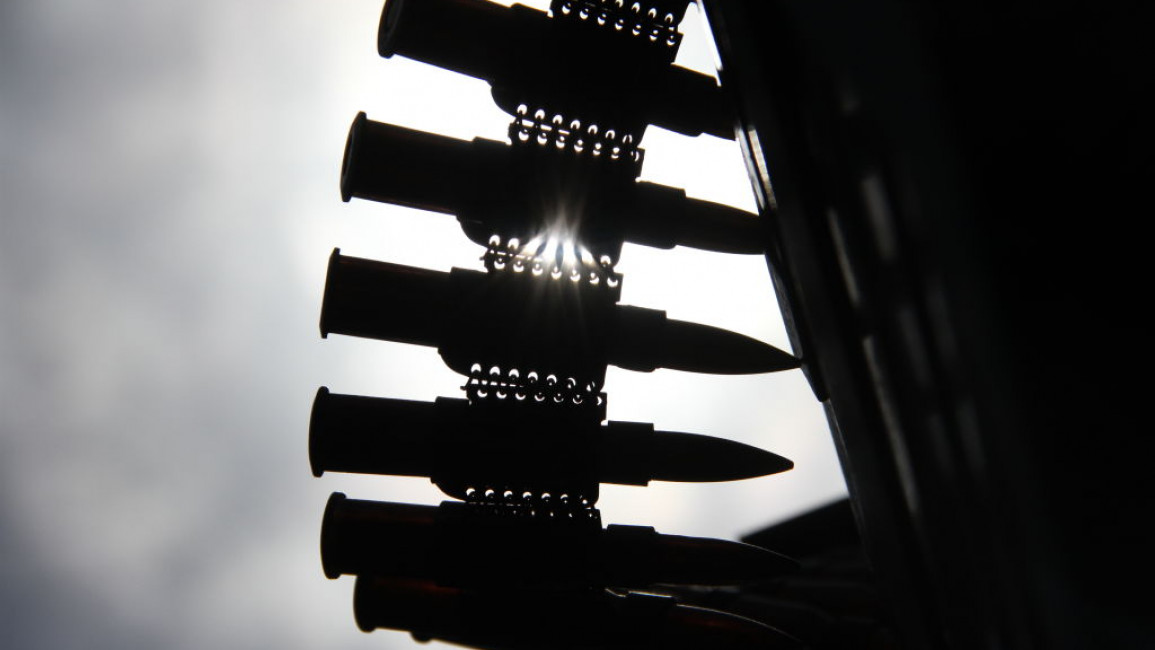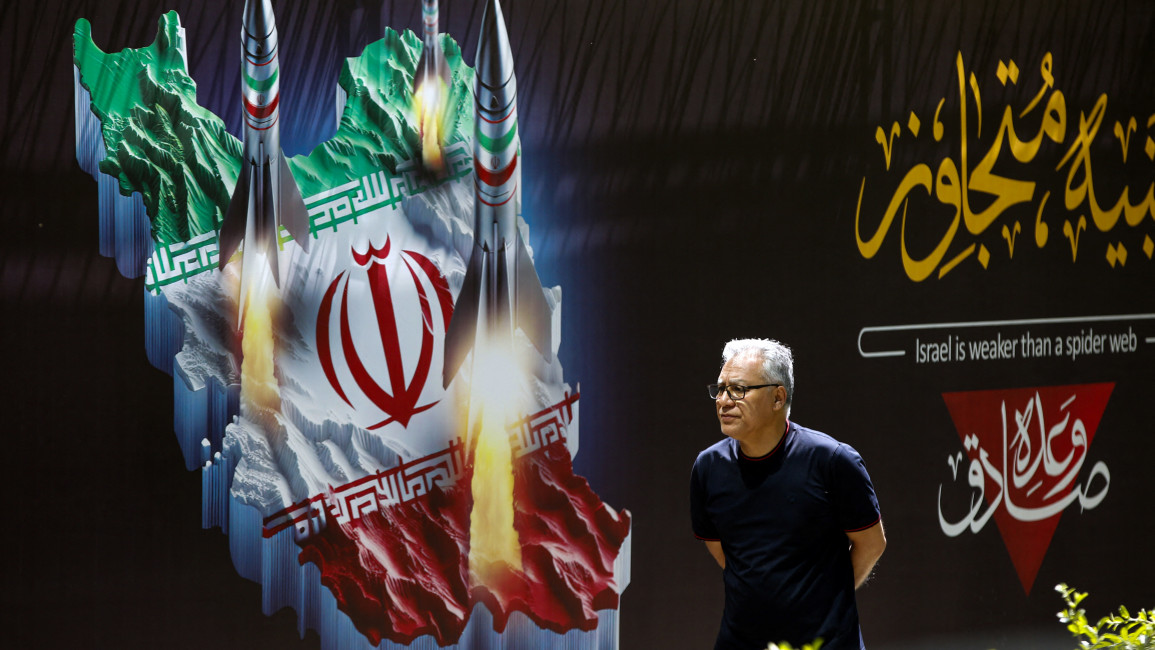Timeline: From start of Taliban offensive to capture of Zaranj
As the Taliban capture Zaranj, the first provincial capital to fall since US-led foreign forces began pulling out of Afghanistan, we look at their growing offensive.
Intense fighting
In early May, NATO begins a withdrawal of its mission in Afghanistan involving 9,600 soldiers, 2,500 of them American.
Intense fighting breaks out between the Taliban and government forces in the southern Helmand province and the insurgents capture Burka in northern Baghlan province.
A bomb blast outside a girls' school on 8 May in Kabul kills 85, mostly students of the school.
The deadliest attack in a year is blamed on the Taliban though they do not claim it.
Mid-May, US forces withdraw from the air base in Kandahar, one of the largest in the country.
Taliban advances
The insurgents seize districts in Wardak province, 40 km (25 miles) from Kabul, and take control of districts in restive Ghazni, a key province between two roads connecting Kabul to Kandahar, the second-largest city.
In mid-June, the Taliban claim to have captured several districts in the northern provinces of Faryab, Takhar and Badakhshan, forcing military leaders to strategically retreat from a number of areas.
Key borders
The Taliban takes control of the main Shir Khan Bandar border crossing with Tajikistan, prompting the Central Asian country to check the combat readiness of its armed forces on 22 June.
The insurgents seize other routes to Tajikistan, as well as the districts leading to Kunduz, capital of the eponymous northern province, about 50 kilometres from the Tajik border.
US leaves Bagram
Officials on 2 July announce the departure of all US and NATO troops from Bagram, Afghanistan's biggest air base, which served as the linchpin of US-led operations in the country for the past two decades.
Two days later, the Taliban seize the key district of Panjwai in Kandahar, the insurgents' birthplace and former bastion.
Iran crossing
On 9 July the Taliban announce the capture of Afghanistan's biggest border crossing with Iran, Islam Qala.
Airport
Two days later Afghan authorities install an anti-missile system at Kabul airport to counter incoming rockets.
On 14 July, the insurgents take control of Spin Boldak border crossing with Pakistan, a key trade route between the two countries.
On 22 July, the Taliban claim they control 90 percent of Afghanistan's borders. They had earlier said they held 85 percent of the country's territory, figures disputed by the government and impossible to verify independently.
Analysis: China and Pakistan have vowed closer cooperation in Afghanistan as Beijing seeks to protect its long-term interests amid the Taliban's resurgence - Sabena Siddiqui writes https://t.co/jMYz0wyBxz
— The New Arab (@The_NewArab) August 6, 2021
US General Kenneth McKenzie, head of the US Army Central Command, says on 25 July that it will carry out more airstrikes in support of Afghan forces to stem the Taliban offensive.
Urban centres
In a sharp escalation over the first weekend of August, the Taliban offensive focuses on urban centres, with the insurgents assaulting at least three provincial capitals -- Lashkar Gah, Kandahar and Herat.
The US and Britain say the Taliban may have committed "war crimes", accusing the insurgents of "massacring civilians" in the town of Spin Boldak.
Eight people are killed on 3 August in a coordinated Taliban-claimed bomb and gun attack targeting the Afghan defence minister and several lawmakers in Kabul.
On 6 August, the Taliban shoot dead the head of the Afghan government's media information centre at a mosque in the capital.
The Taliban capture their first Afghan provincial capital, the city of Zaranj in southwestern Nimroz, taking it "without a fight".



